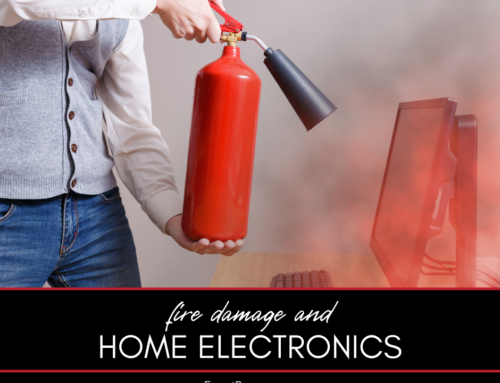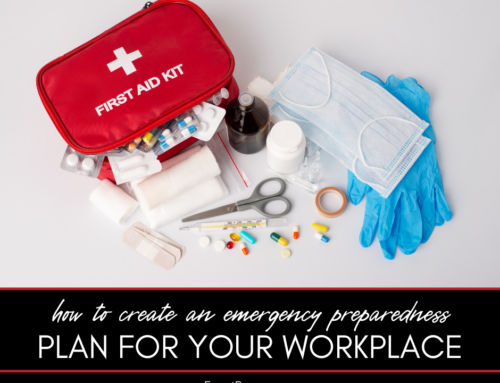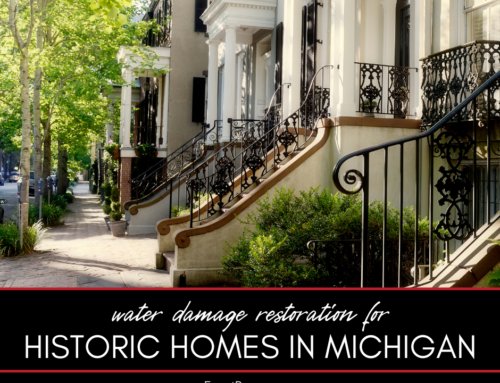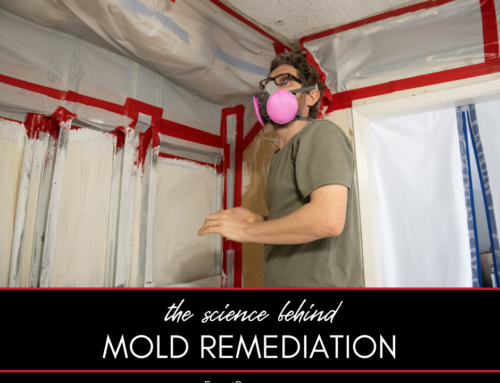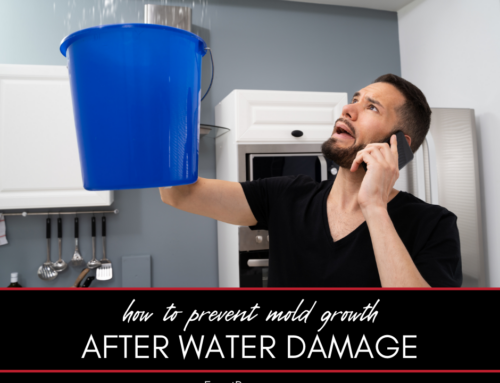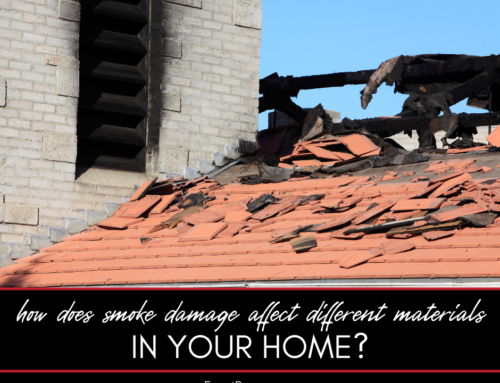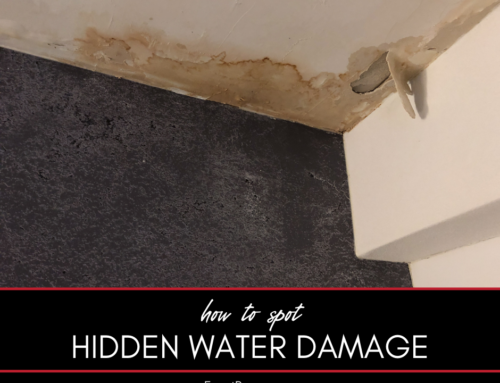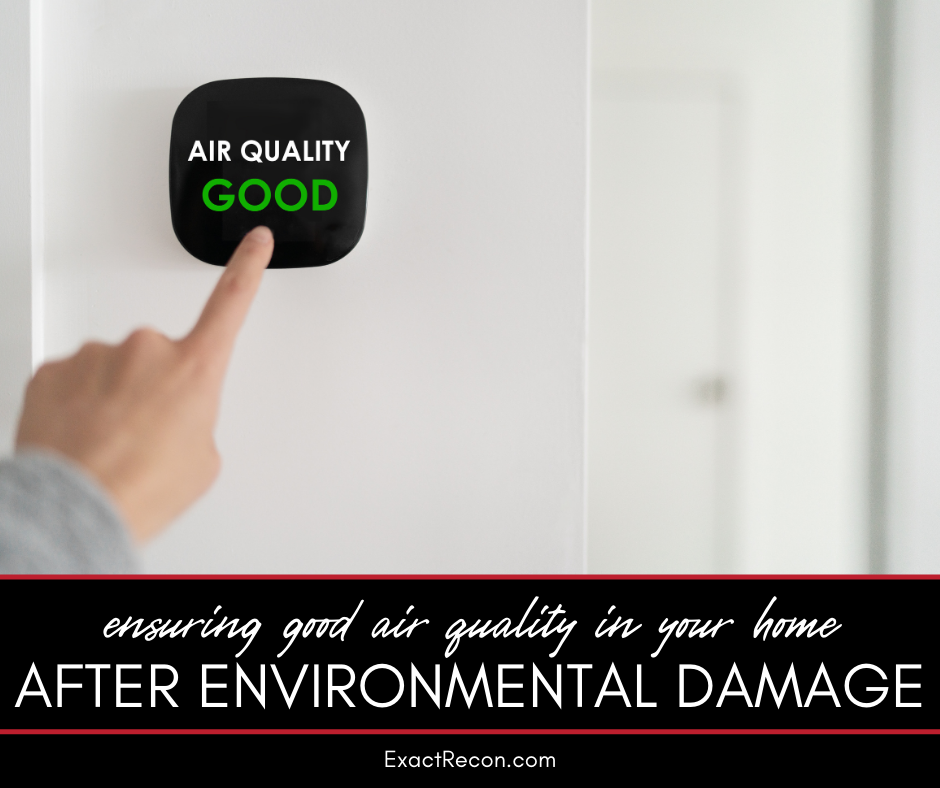
Environmental damage, such as from floods, fires, or mold infestations, can significantly impact the air quality in your home. Ensuring that the air you and your family breathe is safe post-disaster is crucial for health and comfort.
Ensuring Air Quality in Your Home After Environmental Damage
This guide explains the following:
- Identifying potential air quality issues
- Importance of professional air quality testing
- Using air purifiers and proper ventilation
- Addressing mold and mildew promptly
- Regular maintenance of HVAC systems
- Cleaning and replacing filters
- Long-term strategies for improved air quality
Here’s a closer look at each.
Identifying Potential Air Quality Issues
Be aware of signs indicating poor air quality, such as lingering odors, visible mold, or increased allergy symptoms. These can arise from contaminants released during environmental damage.
Related: Everything you need to know about disasters
Importance of Professional Air Quality Testing
After any significant environmental damage, consider professional air quality testing. Experts can identify specific contaminants like mold spores, smoke residues, or chemical vapors, and recommend appropriate remediation strategies.
Using Air Purifiers and Proper Ventilation
Air purifiers with HEPA filters can effectively remove airborne particles, improving indoor air quality. Ensure adequate ventilation, especially in areas like kitchens and bathrooms, to circulate fresh air and reduce humidity levels.
Addressing Mold and Mildew Promptly
Mold and mildew not only damage surfaces but also deteriorate air quality. Address any signs of mold with professional cleaning and remediation to prevent its spread and impact on air quality.
Related: Burst pipes, basement floods and other types of water damage
Regular Maintenance of HVAC Systems
HVAC systems can circulate contaminants if not properly maintained. Regularly clean and service your HVAC system, and consider professional duct cleaning if you’ve experienced environmental damage.
Cleaning and Replacing Filters
Regularly clean and replace air filters in your HVAC system and air purifiers. Post-disaster, filters may need more frequent replacement to manage the increased load of contaminants.
Long-term Strategies for Improved Air Quality
Invest in long-term solutions like installing dehumidifiers in damp areas, using low-VOC materials for repairs and renovations, and incorporating indoor plants that naturally purify the air.
FAQ About Ensuring Air Quality After Environmental Damage
How Soon Should I Test Air Quality After a Disaster?
It’s advisable to conduct air quality testing as soon as the initial cleanup and restoration are completed to assess any lingering issues.
Can Opening Windows Improve Indoor Air Quality?
Yes, opening windows can help by bringing in fresh air and diluting indoor pollutants, though it’s not a substitute for
proper ventilation systems and air purification methods, especially in cases of severe contamination.
Are DIY Methods Effective for Air Quality Improvement?
DIY methods, such as using baking soda to absorb odors or vinegar for mild mold cleaning, can be effective for minor issues. However, professional assistance is recommended for more serious contamination.
Related: How to prepare for Michigan’s storm season
How Often Should I Change My Air Filters After Environmental Damage?
After environmental damage, air filters may need to be changed more frequently. Monitor the filters and change them whenever they appear dirty or clogged.
What Are Some Natural Ways to Improve Air Quality?
Natural ways to improve air quality include maintaining indoor plants, ensuring regular ventilation, using natural cleaning products, and controlling humidity levels in your home.
In conclusion, maintaining healthy air quality in your home after environmental damage is essential for your well-being. By identifying potential issues, employing professional testing, using air purifiers, and maintaining your HVAC system, you can ensure that your indoor environment remains safe and breathable.
Do You Need a Disaster Remediation Expert in Washtenaw County or Jackson County?
If your home has already been damaged, we can help. Check out our services and call Exact Recon for your free disaster remediation quote today. We offer:
- Water damage restoration
- Fire damage restoration
- Mold removal and remediation
- Fire and smoke restoration
- Sewer cleanup and disinfecting
- Reconstruction
- Wind and storm damage repair


